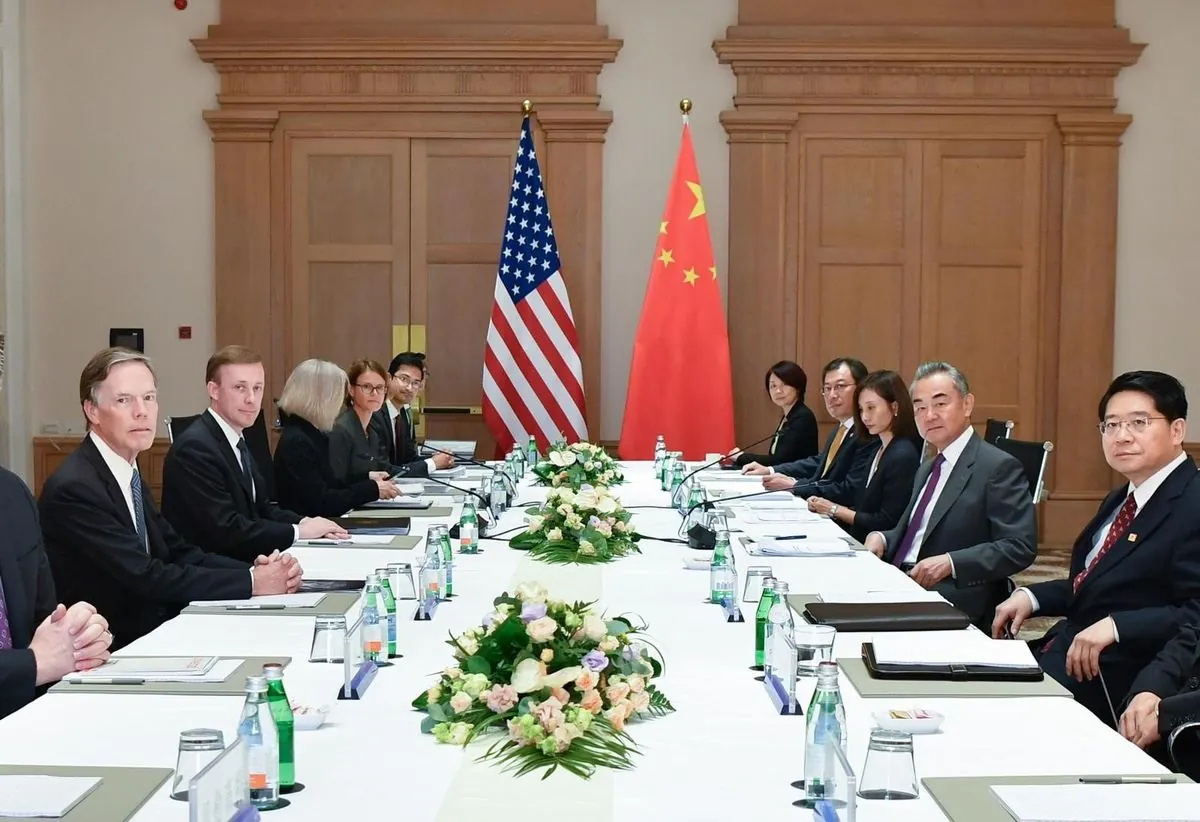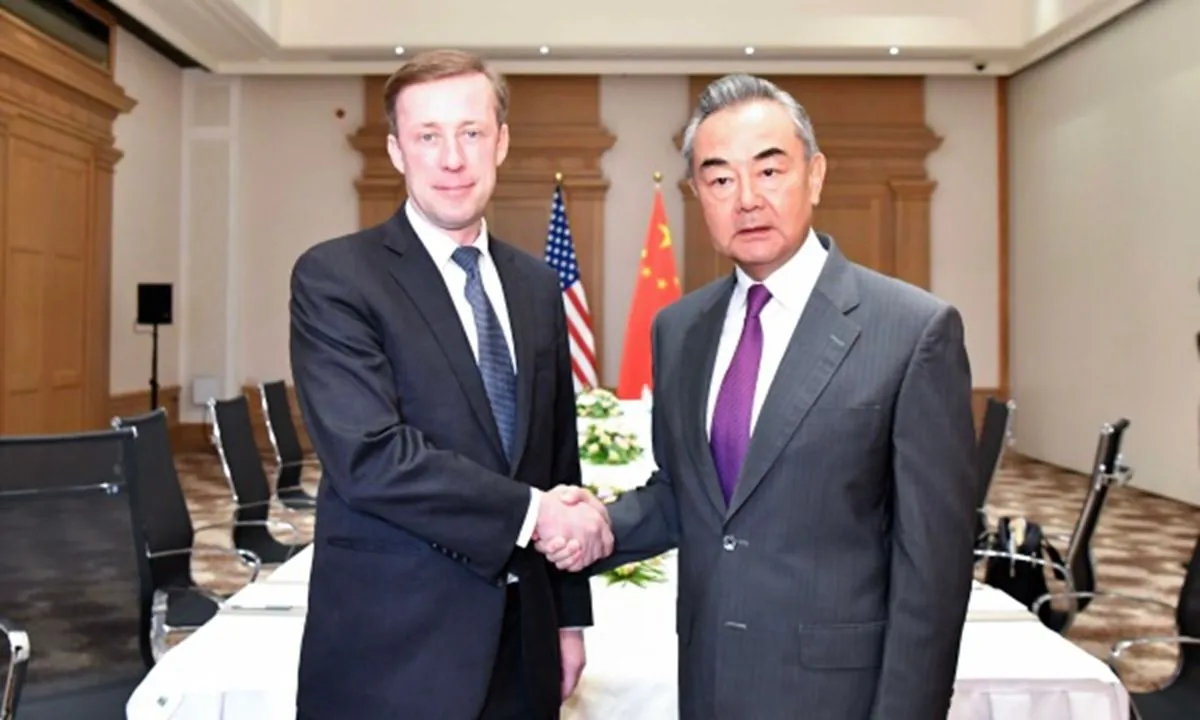U.S. Security Advisor to Visit China Amid Diplomatic Efforts
White House National Security Adviser Jake Sullivan plans to visit China for talks with Foreign Minister Wang Yi, potentially paving the way for a Biden-Xi meeting amidst ongoing diplomatic tensions.

Jake Sullivan, the U.S. National Security Advisor, is reportedly planning a visit to China to engage in discussions with Foreign Minister Wang Yi. This diplomatic endeavor, scheduled for August 27-29, 2024, aims to lay the foundation for a potential meeting between President Biden and Chinese President Xi Jinping later this year.
The proposed visit comes approximately one year and nine months after the last in-person meeting between the two leaders in Bali, Indonesia. It occurs against the backdrop of the ongoing U.S. presidential campaign, where candidates have adopted firm stances on China-related issues, particularly regarding trade tariffs.

This high-level engagement reflects the complex dynamics between the world's two largest economies. The United States and China, despite being each other's largest trading partners, have experienced strained relations over various issues. These include concerns about Taiwan, trade imbalances, and technological competition.
The Biden administration has largely maintained the China policies implemented during the previous administration, including tariffs on Chinese goods. This continuity underscores the bipartisan nature of U.S. concerns regarding China's economic practices and geopolitical ambitions.
"While we do not comment on specific travel plans, the United States remains committed to maintaining open lines of communication with China at all levels."
The potential meeting between Biden and Xi, if realized, would provide an opportunity to address critical issues such as cybersecurity, human rights concerns in Xinjiang, and the ongoing competition for influence in the Indo-Pacific region. It could also explore areas of potential cooperation, such as climate change mitigation efforts.
As of the time of reporting, neither the White House nor the Chinese Foreign Ministry has officially confirmed Sullivan's visit. This diplomatic initiative unfolds as both nations navigate a complex relationship characterized by economic interdependence and strategic rivalry.
The outcome of these discussions could have significant implications for global trade, regional stability, and the future trajectory of U.S.-China relations. As the international community watches closely, the potential for constructive dialogue remains a key focus in this evolving diplomatic landscape.


































